Deborah Bradley-Kramer
Degrees & Studies
Ph.D, She received her Doctorate degree from New York University in Ethnomusicology/Piano Performance and her performance degree from the European Mozart Foundation.
Division
Piano
Music Conservatory of Westchester
Faculty since 2023
Born In
Houston Texas
Performances & Distinctions
Deborah Bradley-Kramer directed the Music Performance Program and taught Music History and numerous courses at Columbia University from 1999-2019. Nominated for a Great Teacher Award at Columbia, she currently teaches at The Juilliard School where she inaugurated the new collaboration between Juilliard and the Sunrise Living Center on the Upper East Side of Manhattan. She also functions as a Senior Consultant at InAmerica Education International, assisting students with music auditions, interviews, and essays for high school, college and conservatory. She is an active concert pianist, lecturer, and writer, and has received many awards (Copland Recording Grant, Koussevitzky Award, Arts International, Rockefeller Foundation, Trust for Mutual Understanding) for her recordings and performances with The Moebius Ensemble and her late husband, composer Jonathan D. Kramer.
Deborah is the parent of a 16 year old son who plays cello, and enjoys vegan cooking, hiking with her dog, travel, language study, film, and literature. She received her Doctorate degree from New York University in Ethnomusicology/Piano Performance and her performance degree from the European Mozart Foundation. Her teachers included Adele Marcus at Juilliard, Gregory Haimovsky, Maxim Shostakovich and Anthony Newman; she has a deep interest in Baroque, Russian, postmodern, and folk music. She pursued postdoctoral studies in literature and Eastern European film at Columbia University.
Teaching Philosophy
I believe in the interrelationship between art and all aspects of life. This belief informs all of my teaching, no matter the age or background of the student. Related to this, I try and ingrain in my students that there is no “bad” music or bad categories of music; openness to every type of music invites openness in other areas of life.
My lessons comprise a strong foundation in technique and theory, while introducing many different genres and styles. Ear training and sight reading are also fundamental to attaining proficiency at the keyboard, and listening to music is just as important as playing! While improvisation is not usually taught in classical music study, I incorporate this into my curriculum along with music literacy, encouraging students’ creative endeavors.
My aim in teaching is of course for my students to find their own voice, but more than that – for them to discover how music can inform, enrich, and shape all areas of their lives.

